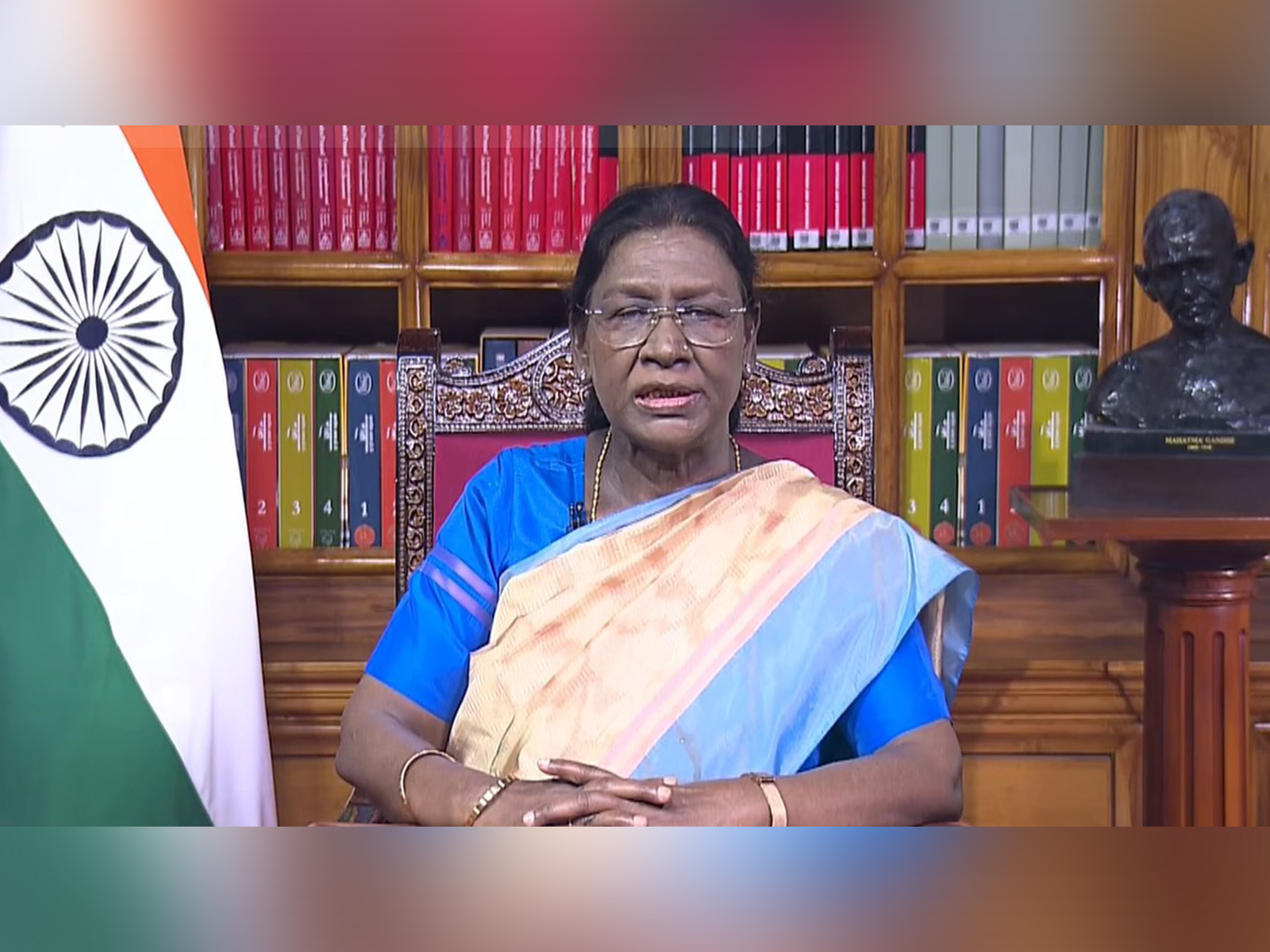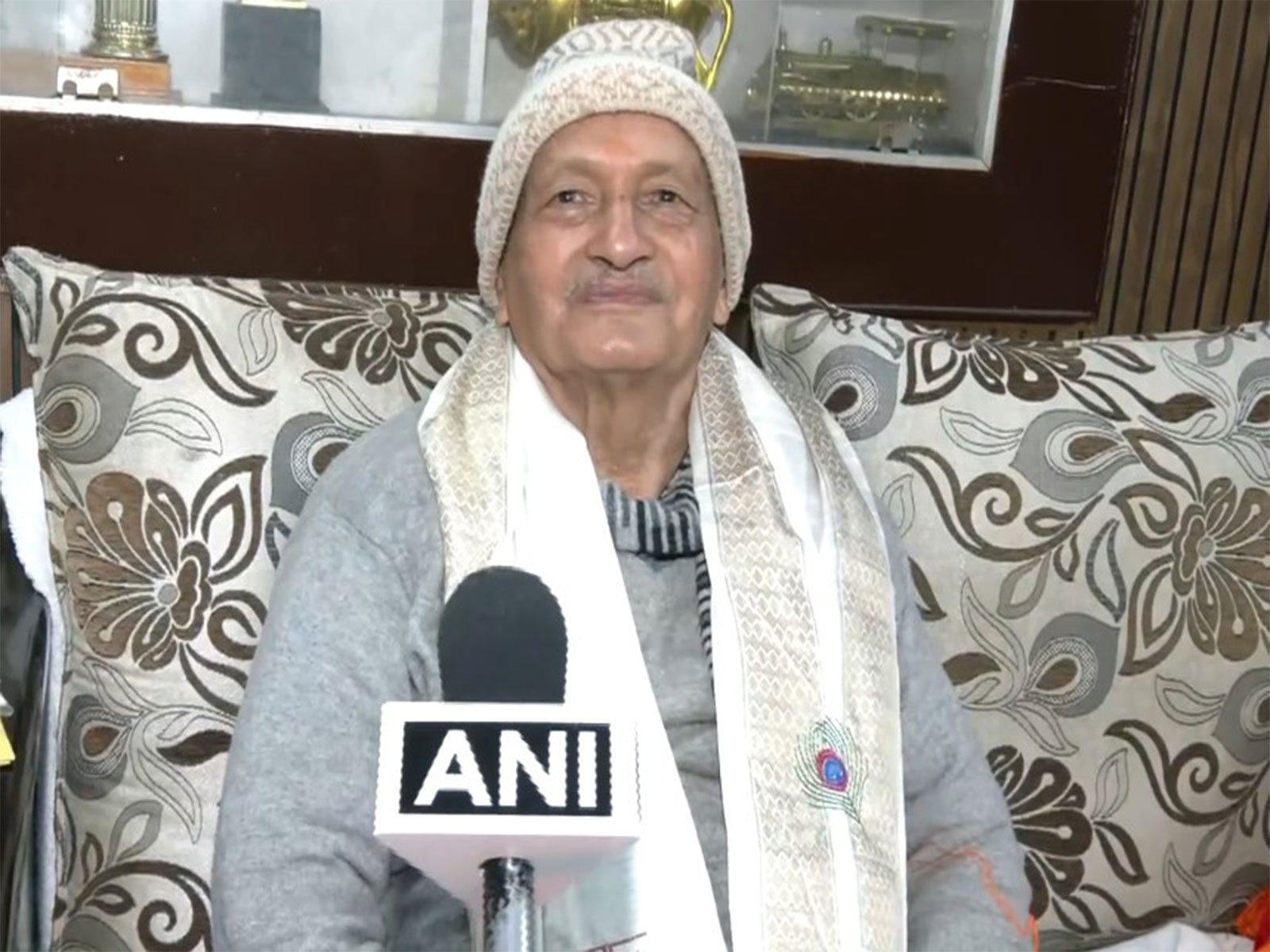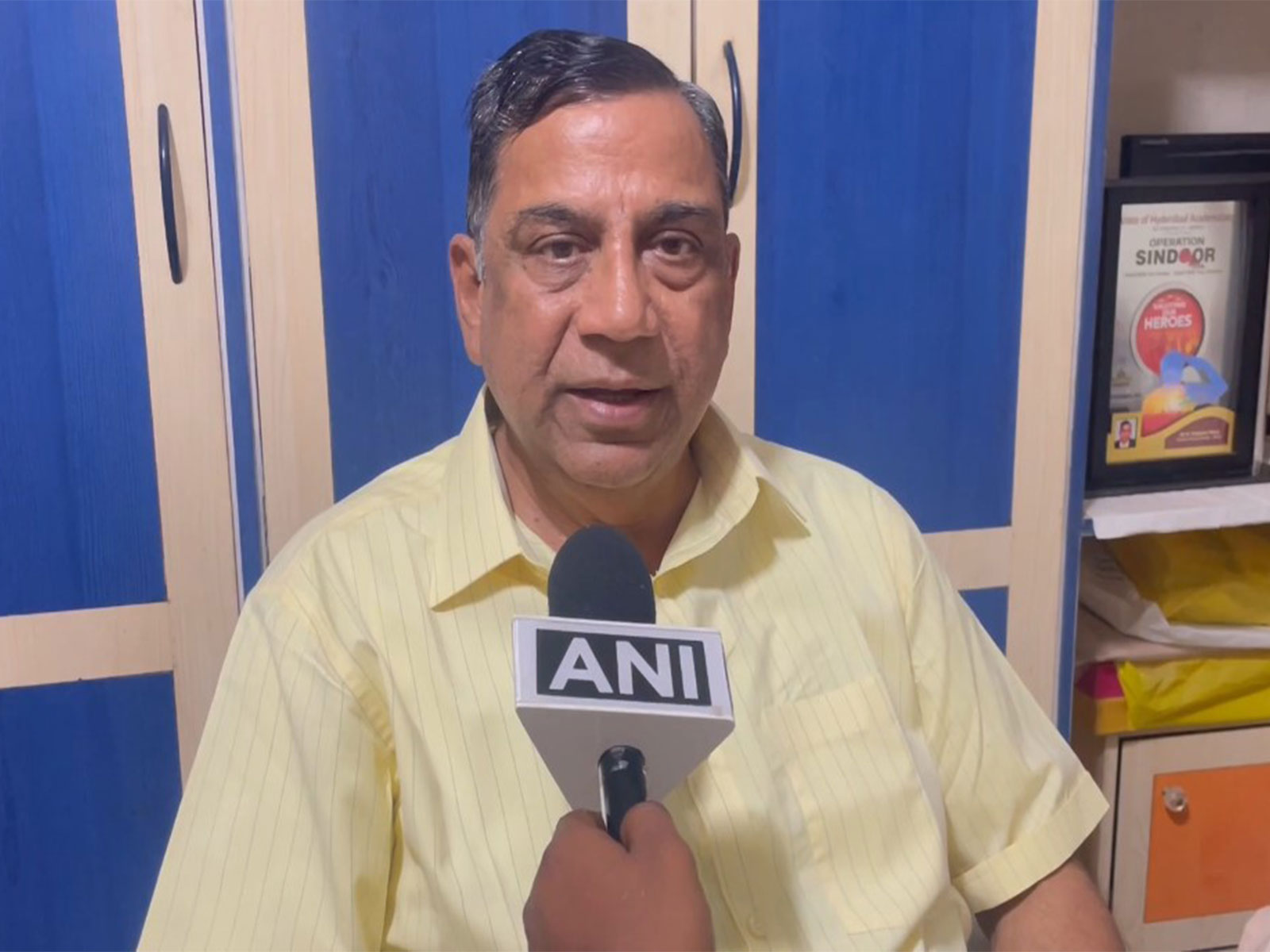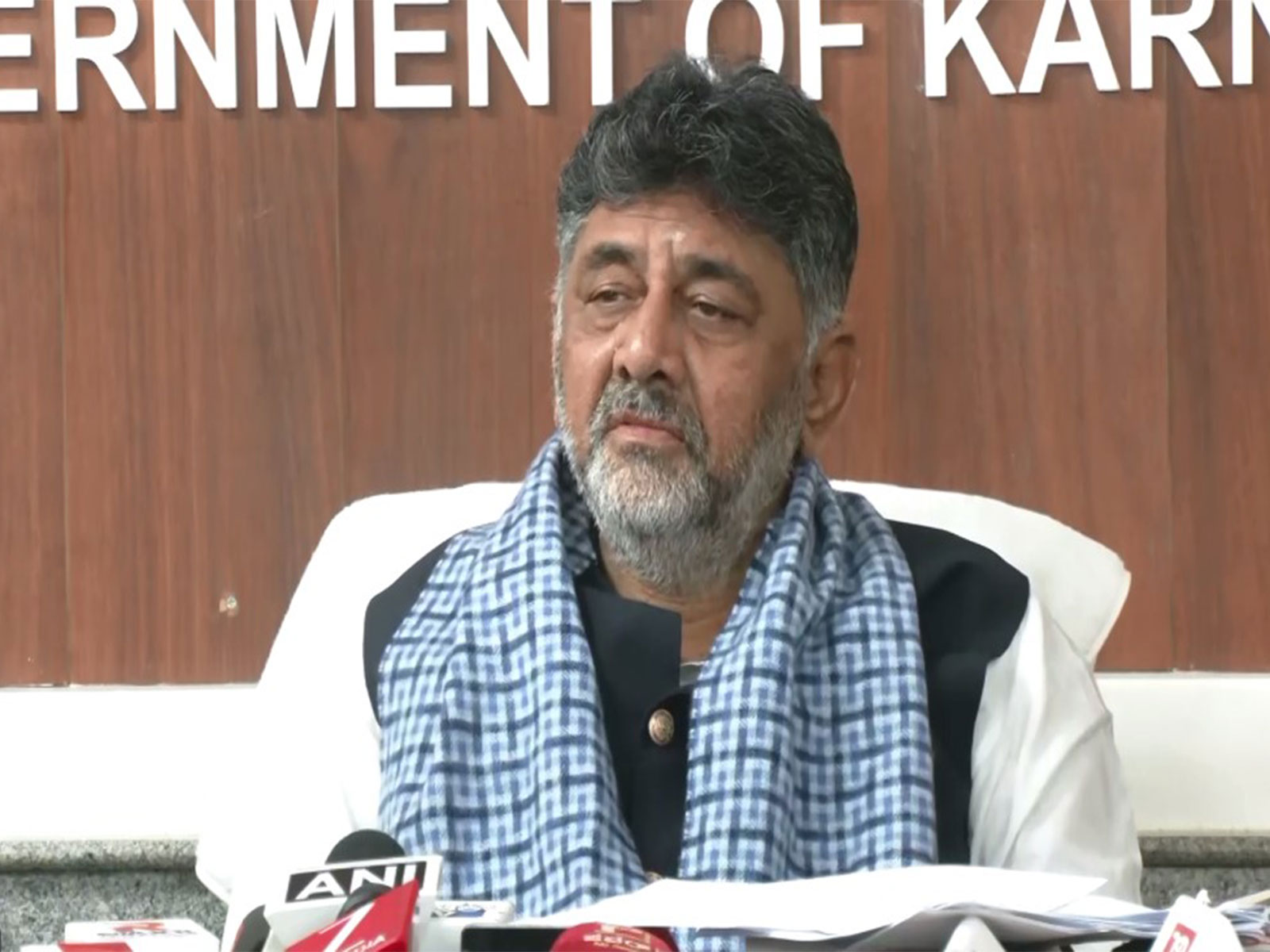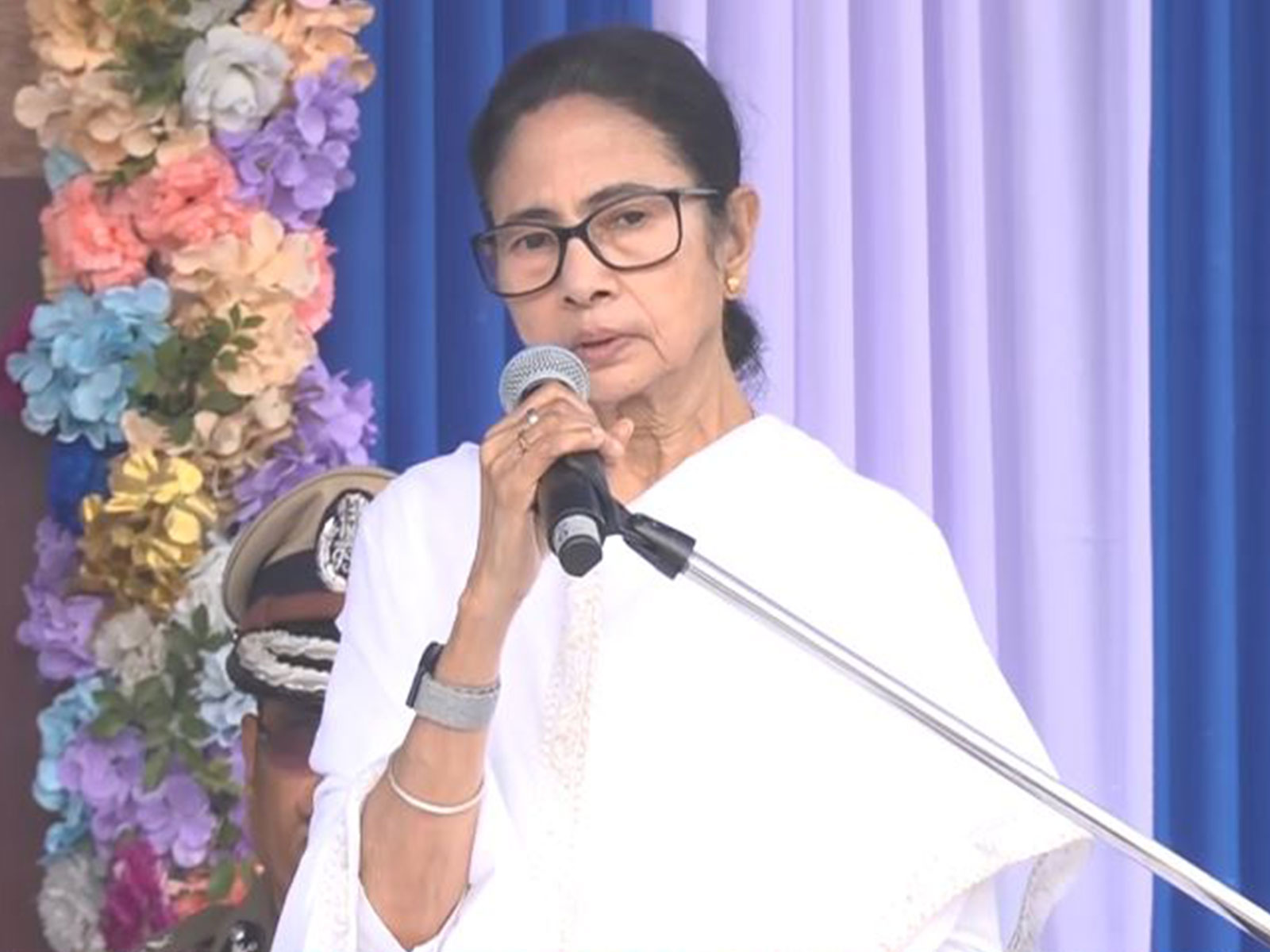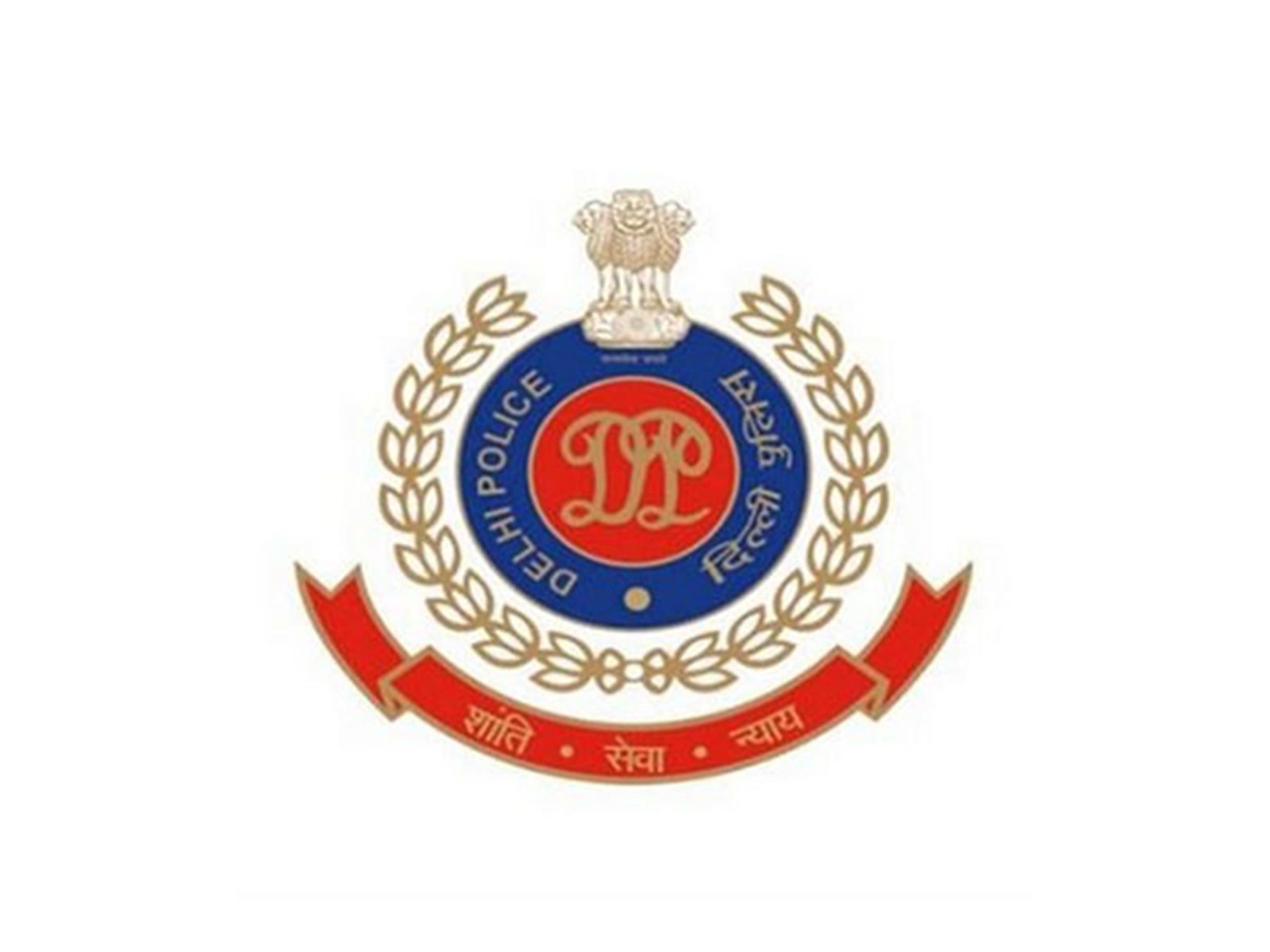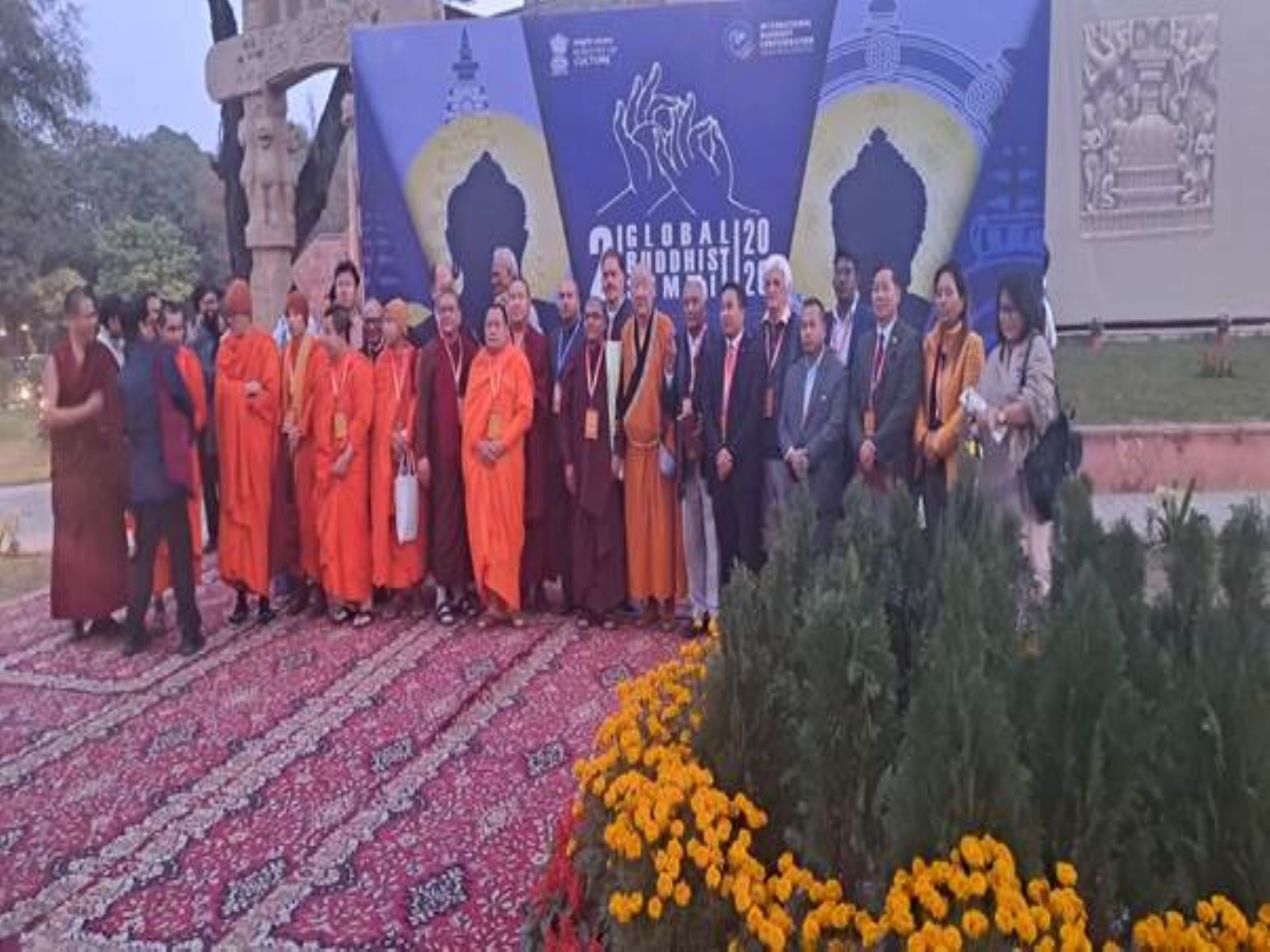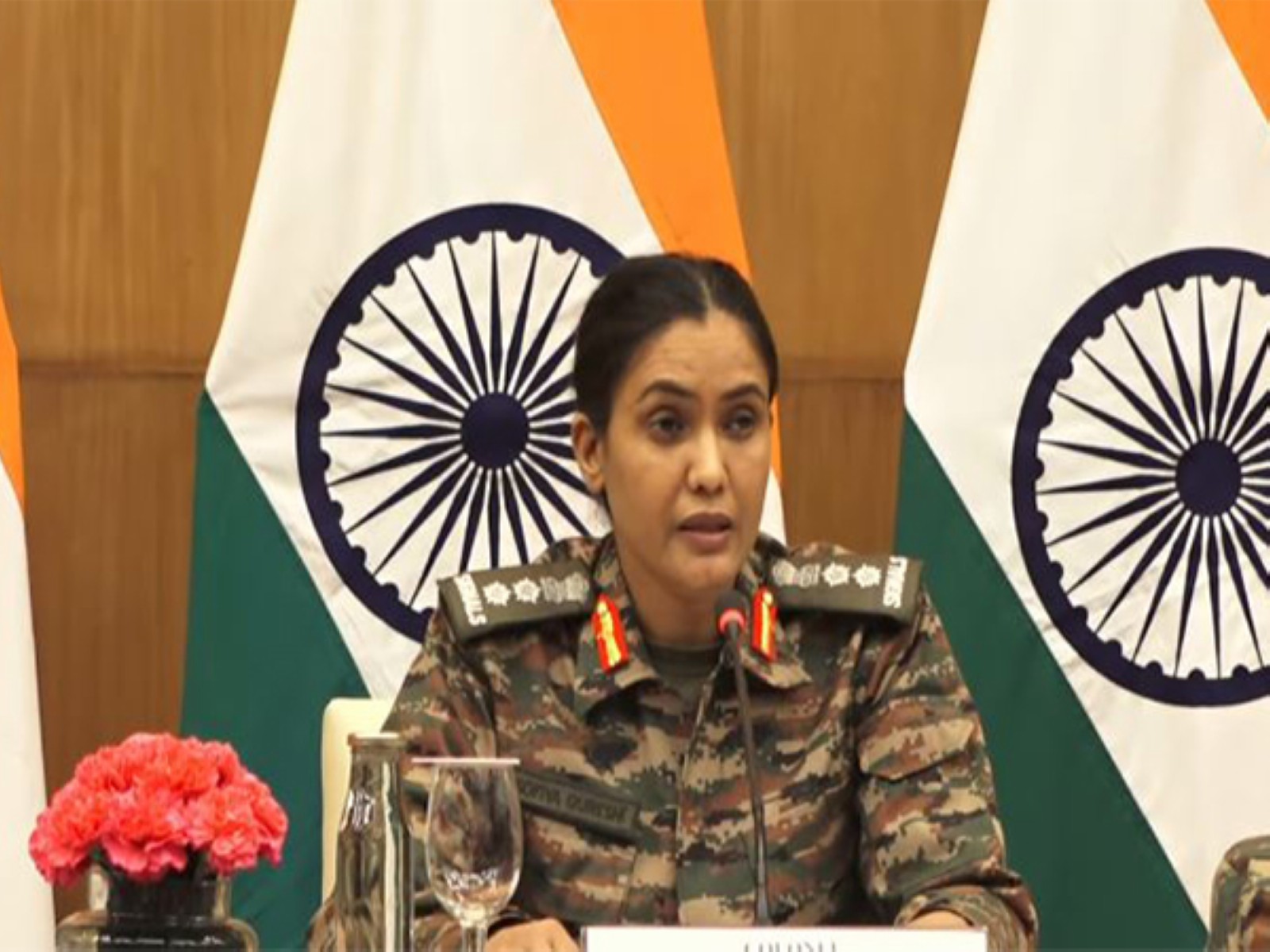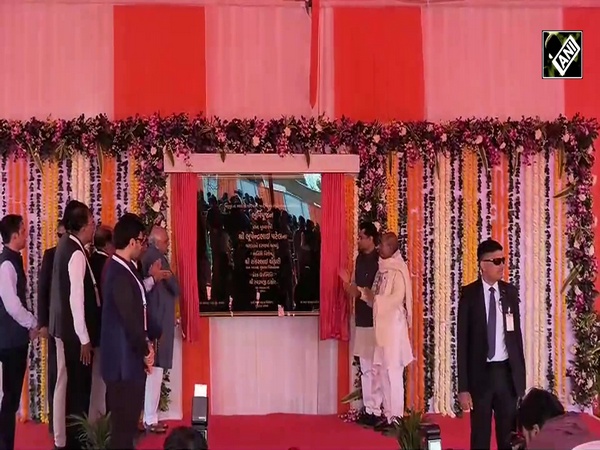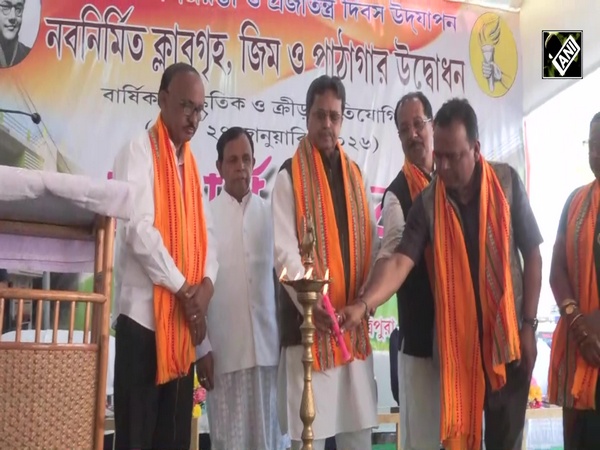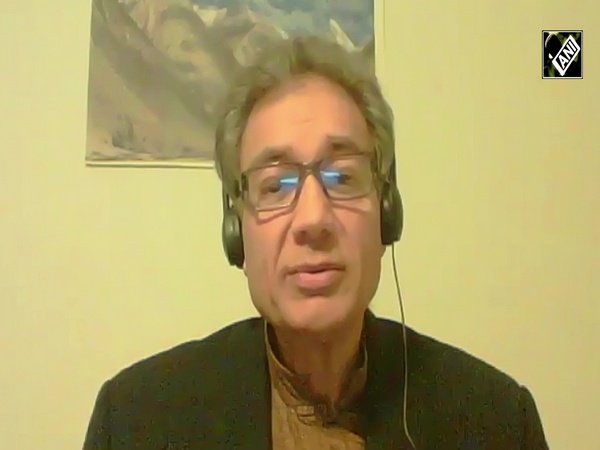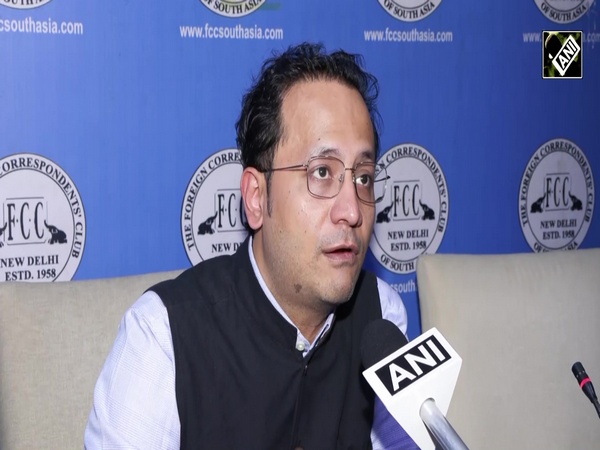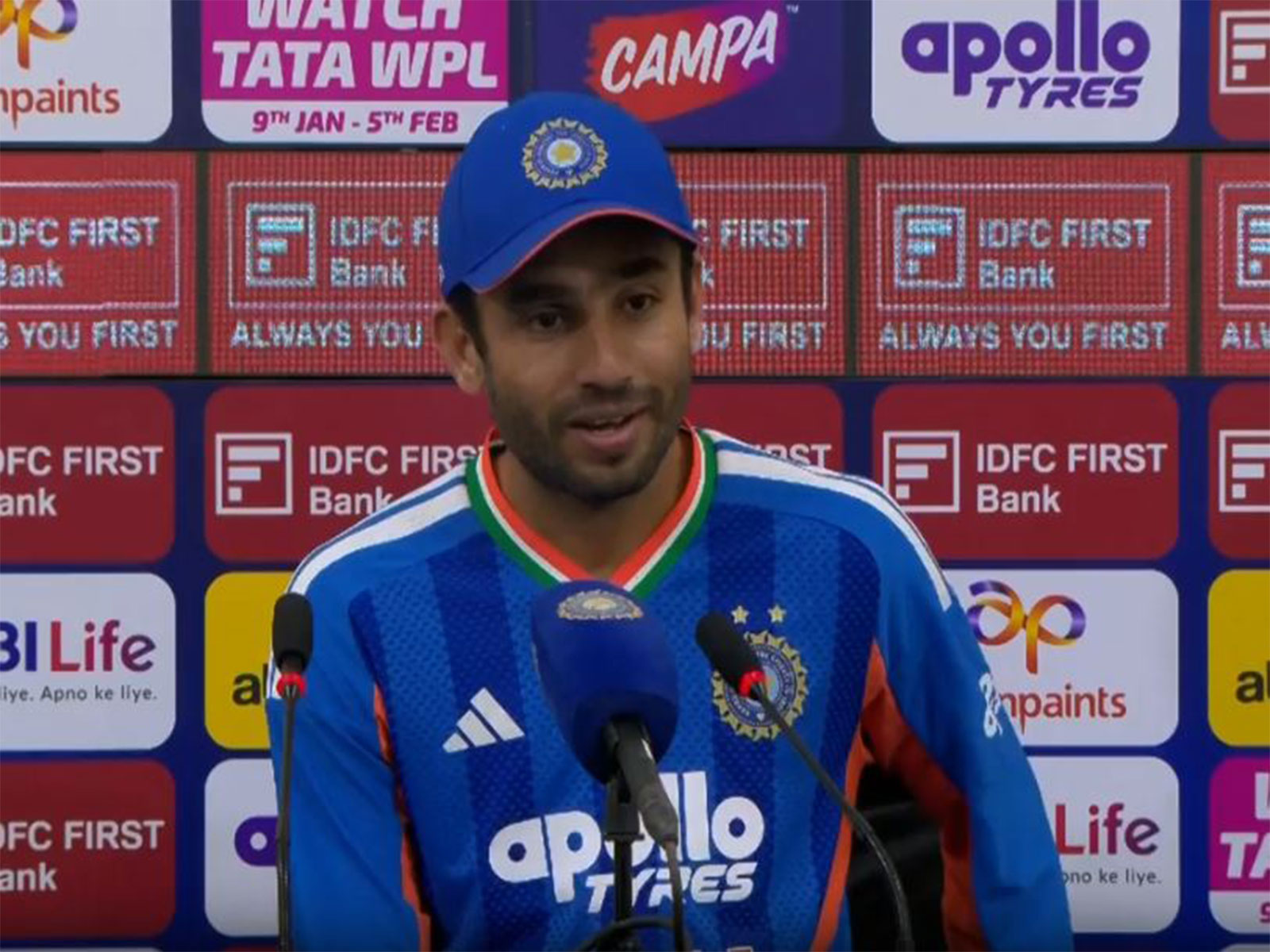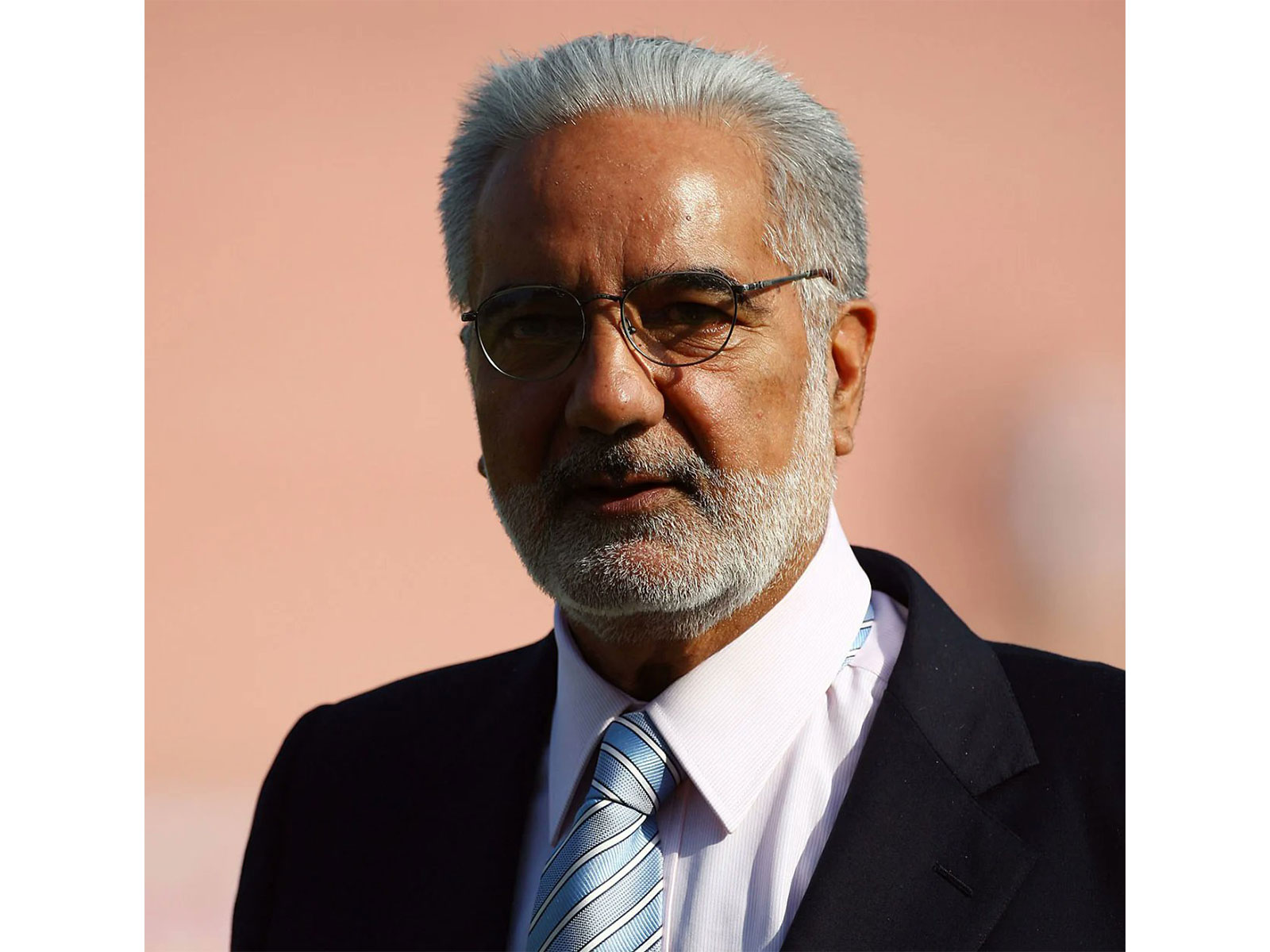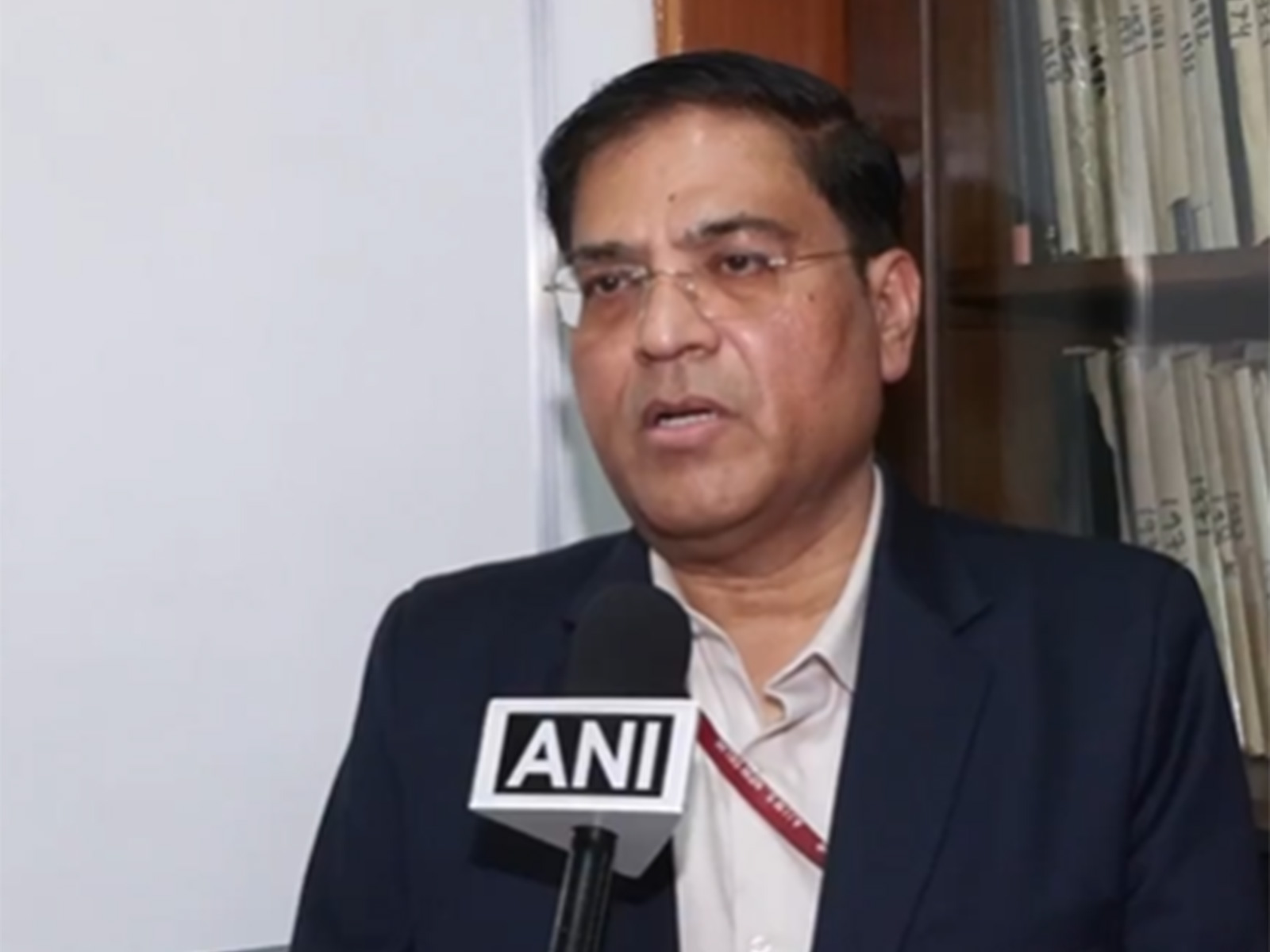
Mental health disorders have doubled in recent years; early onset seen between ages 1-14: AIIMS expert
Nov 27, 2025
New Delhi [India], November 28 : An AIIMS expert, on Thursday, warned of a sharp rise in mental health issues in recent years, citing evidence that disorders and related disabilities have nearly doubled over the past few decades.
According to Dr Rajesh Sagar, Professor of Psychiatry at AIIMS, "There is certain evidence where it has been shown that the problems over the last 25 years have doubled in terms of disability and burden. In fact, in the study, which was published in 2020 by the Lancet Psychiatry, which we had published, the burden has doubled in that period of time from 1990 to 2017. I would say that, post-COVID, it has increased again. There has been an upsurge with regard to mental health problems."
He further highlighted concerns over rising suicide cases among children.
"Age 1 to 14 is important because the beginnings are there, as the onset of illness happens during that time of adult problems. The problems are not being identified or treated. There's a lot of academic stress. There has been excessive mobile use. There are multiple factors that have led to these issues," he said.
Expanding on the behavioural and environmental triggers, he added,
"More nuclear families, now both parents are working. Less time is spent with the child, a lot of academic stress, and there has been excessive mobile use. The child is more into the virtual world than the real games. So there are some of the issues, like body image disturbances. Many biological changes also occur. And so there are multiple factors which have led to this part."
Dr Sagar also underscored the crucial role teachers play in identifying early signs of distress among children. "Teachers have an important role because they are the ones. They are more neutral for any child, because parents may be emotional. Parents may say, My child is not like this. You know, he is a good boy."
"He is a good girl. You know, he or she can never do such things, but the teacher is neutral. In a class, let's say there are 30 or 50 students, they know that this child has this problem compared to others. So sometimes, you know, they can identify a problem much better than other people, because they can compare, and they have also known the child for a few months, and so many times they also refer a child," Dr Sagar added further.
He stressed that parent-teacher meetings should be used for more than just academic discussions.
"So the message is that in any school, I usually say this parent-teacher meeting is an essential thing. It is not only to tell about the academic performance of a child."

